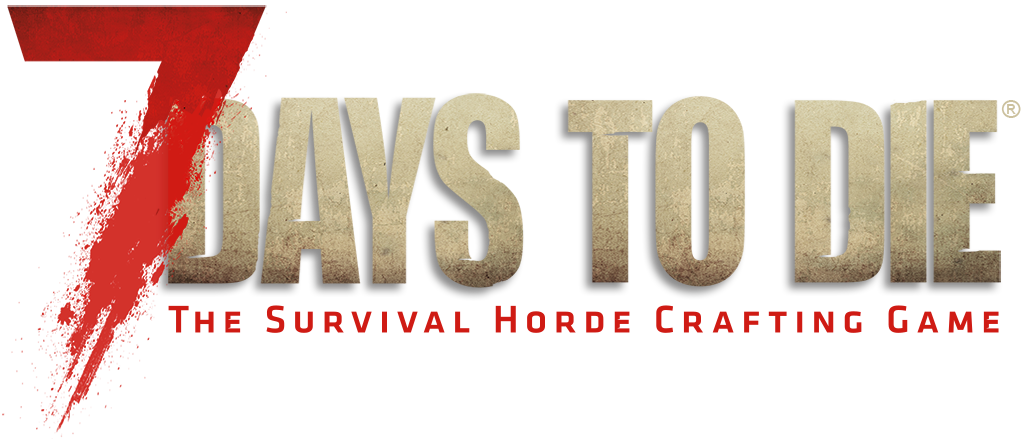6 hours ago, BFT2020 said:As both a mechanical engineer and working for a major Automotive OEM, you would never want to use a screw to fasten your wheels to the vehicle as screws do not have the necessary retention force needed for the application at hand.
The first picture is the lug nut style fastening system used in primary American vehicles. The second picture are wheel bolts as an alternative to the lug nut style fastening system (example I know German vehicles use this system). Both are "bolt" system type of fasteners, though the wheel stud is more of a threaded shaft that is pressed into the hub while the wheel bolts fall under the traditional bolt category.
Neither of those examples are screws though. I do know of two instances where screw is used around tires - one being a screw in type wheel stud and the second being rim screws used to secure the tires to the rims (typically in drag racing situations).
Easiest thing to say is just wheel fasteners as that covers both styles above.
And yes, I do have a copy of The Machinery’s Handbook at my desk.
One issue I have with the link provided is that they state the difference between screws and bolts in the US is more of a legal definition. That is not correct. Bolts by the nature of their design have a significant higher clamping force compared to screws. That is one of the reasons they are used to fasten wheels to vehicles (another reason are bolts / nuts are easier to assemble and disassemble which is necessary for wheels as you will be removing and reinstalling them as you maintain your vehicle). If any engineer out there tells you that they are simply interchangeable, no...just no..... A bolt used where a screw would be sufficient would be okay, but using a screw where a bolt is required - I would be extremely worried about the fastener holding up to the task.
I just went into a detailed response on this subject, I am not one to judge 😏
What you seem to miss is that the terms are used differently in the US and elsewhere (so it seems). If we regard the info on that UK website as somewhat accurate then at least in the UK a bolt is just a sub-category of screw and one that isn't exactly defined. So a bolt is a screw as well, but a screw might not be a bolt.
I found multiple websites that had VERY different definitions of bolts and screws and their difference. The encyclopedia britannica seems not to adhere to your definition of screw and bolt as well.
6 hours ago, theFlu said:The jar simulation would remain near-exactly as unrealistic.
How can that be when currently the jar simulation is that the jar is NOT simulated at all 😄
